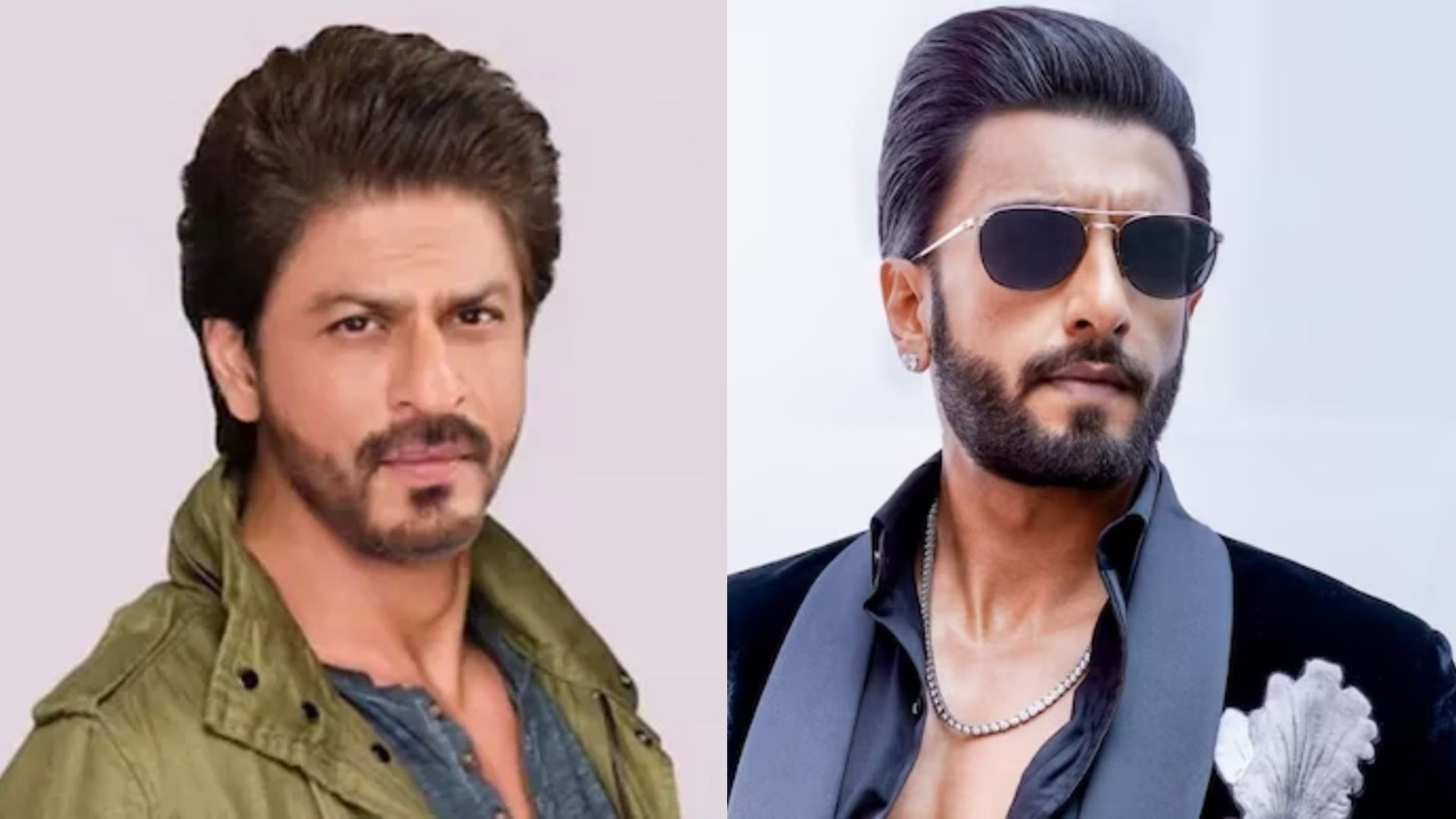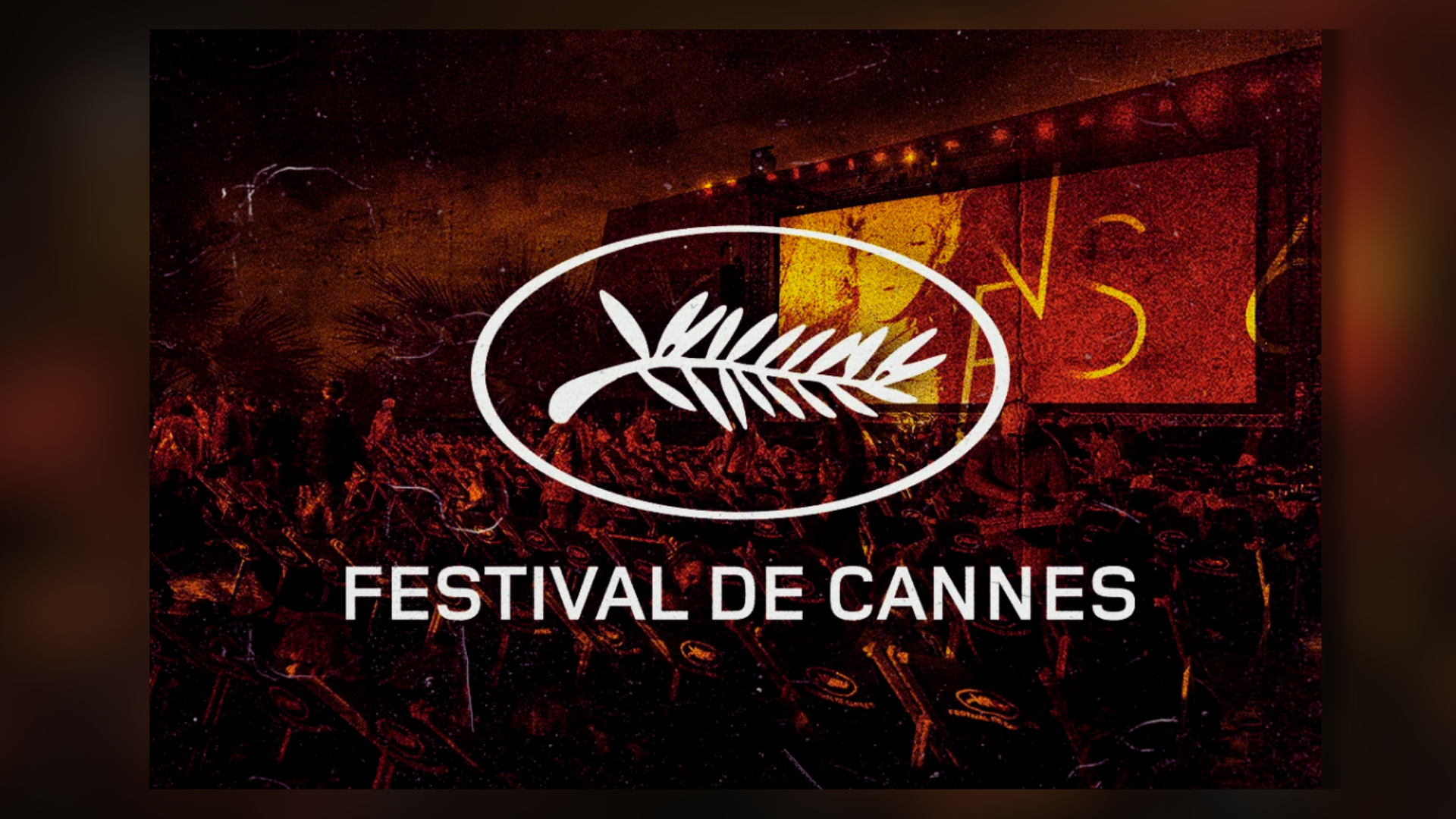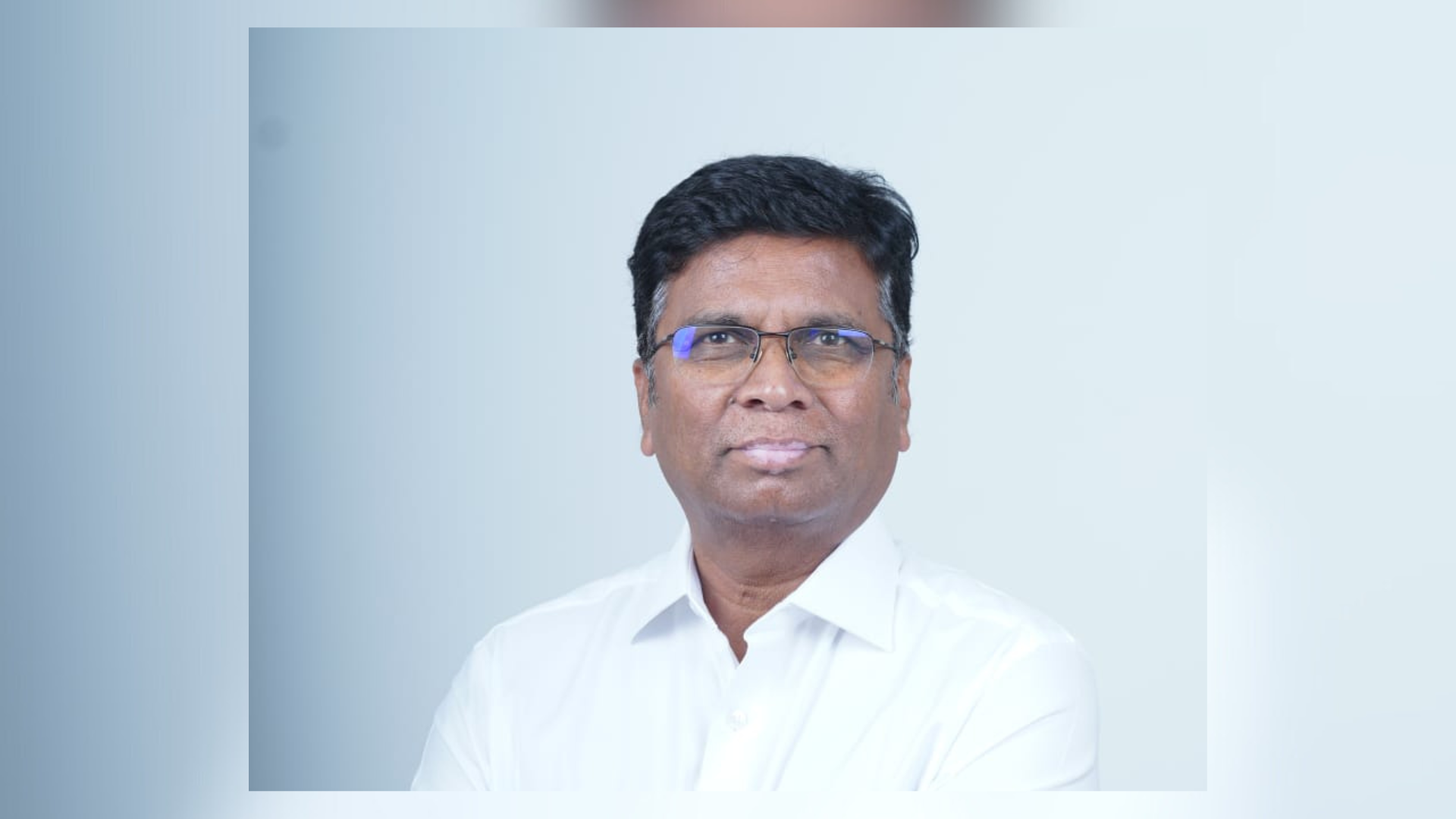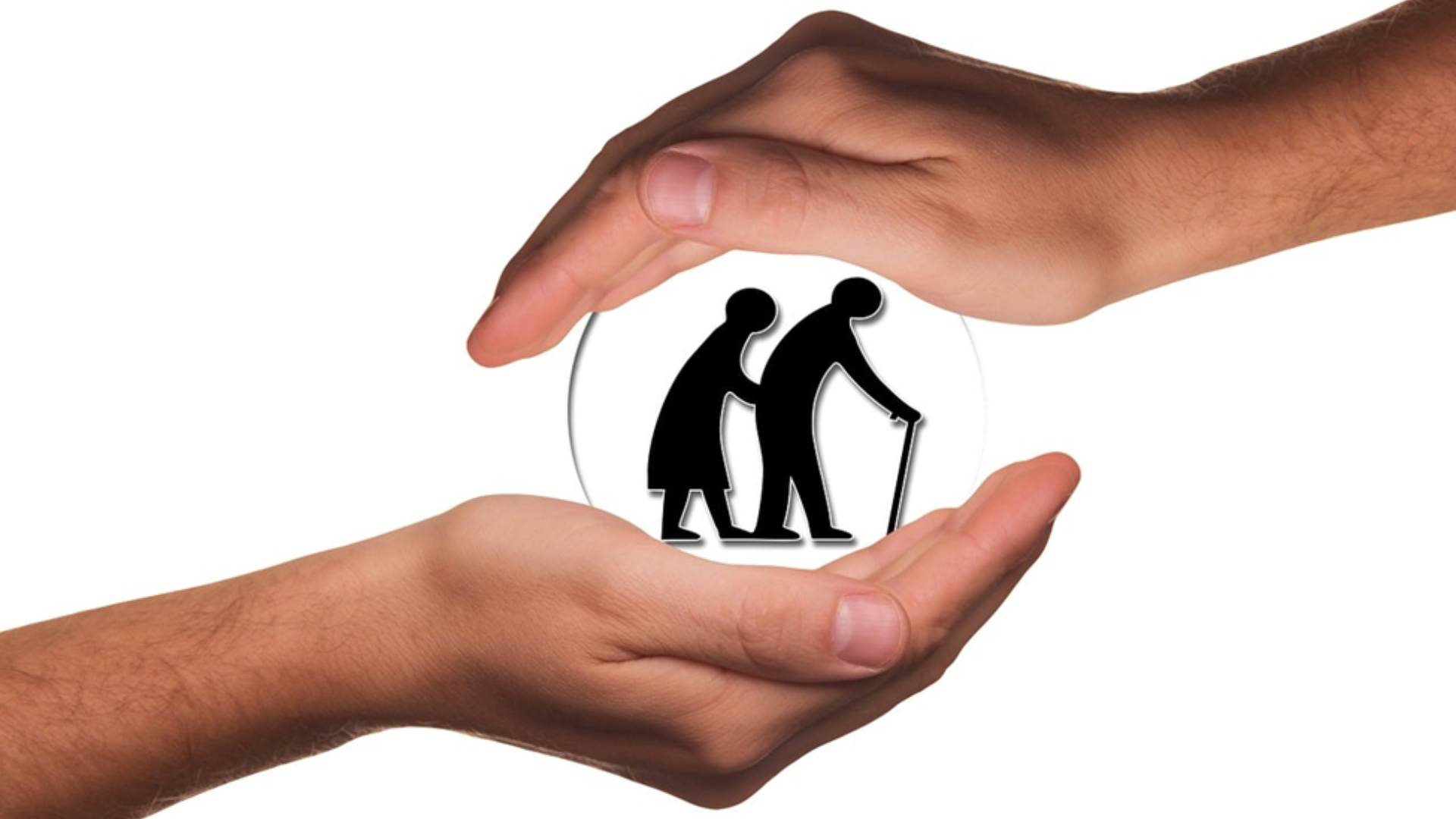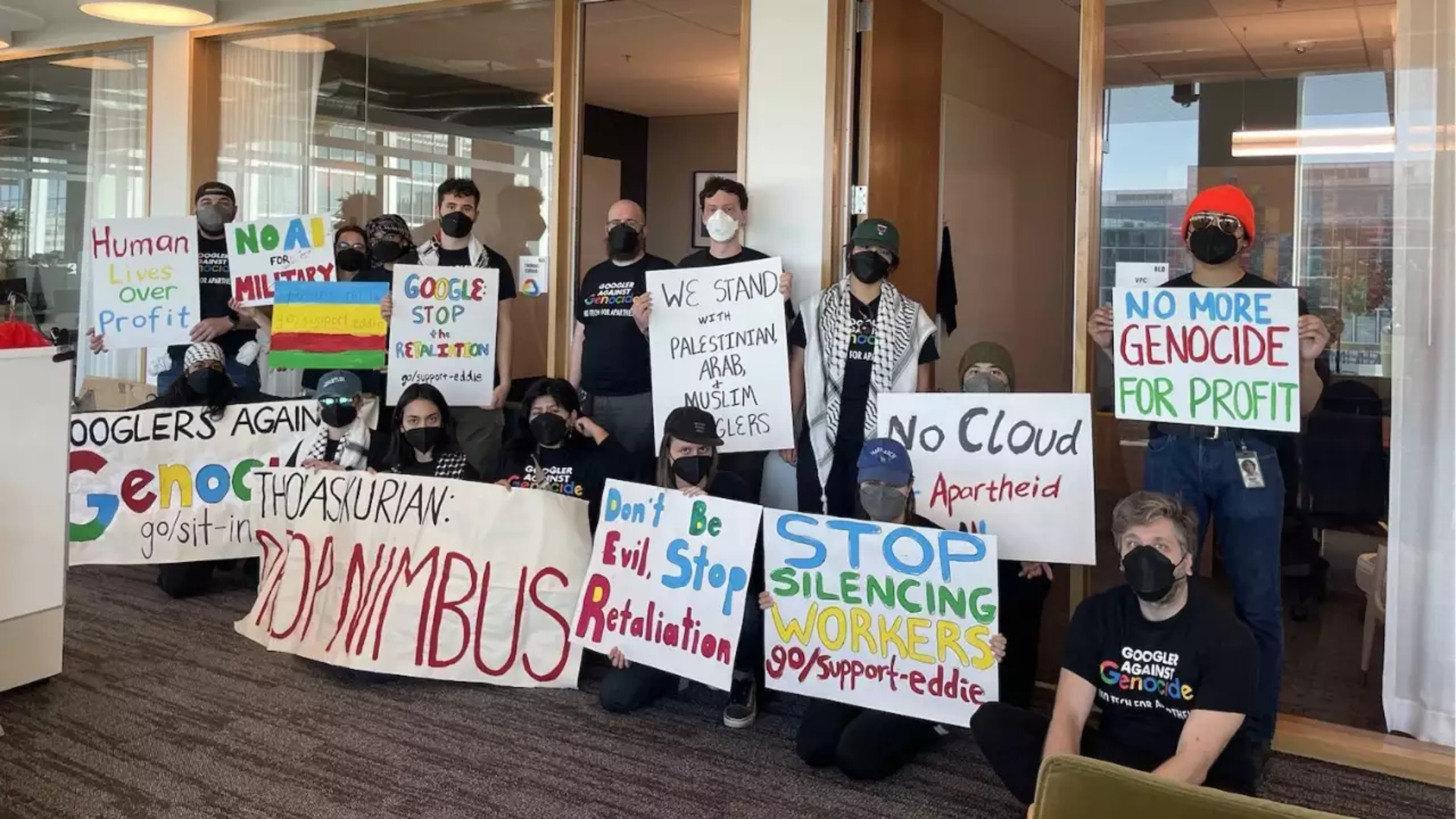



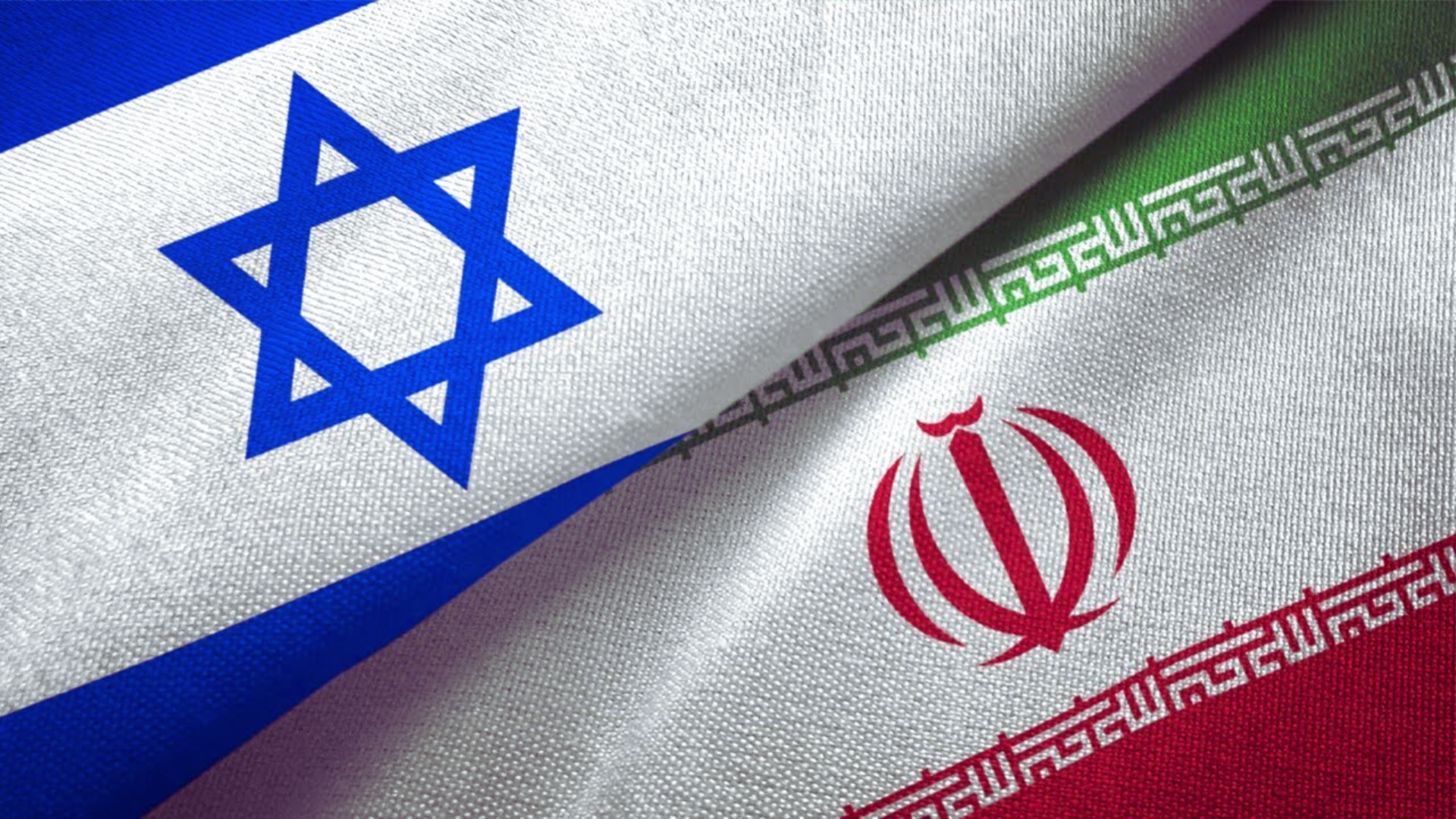
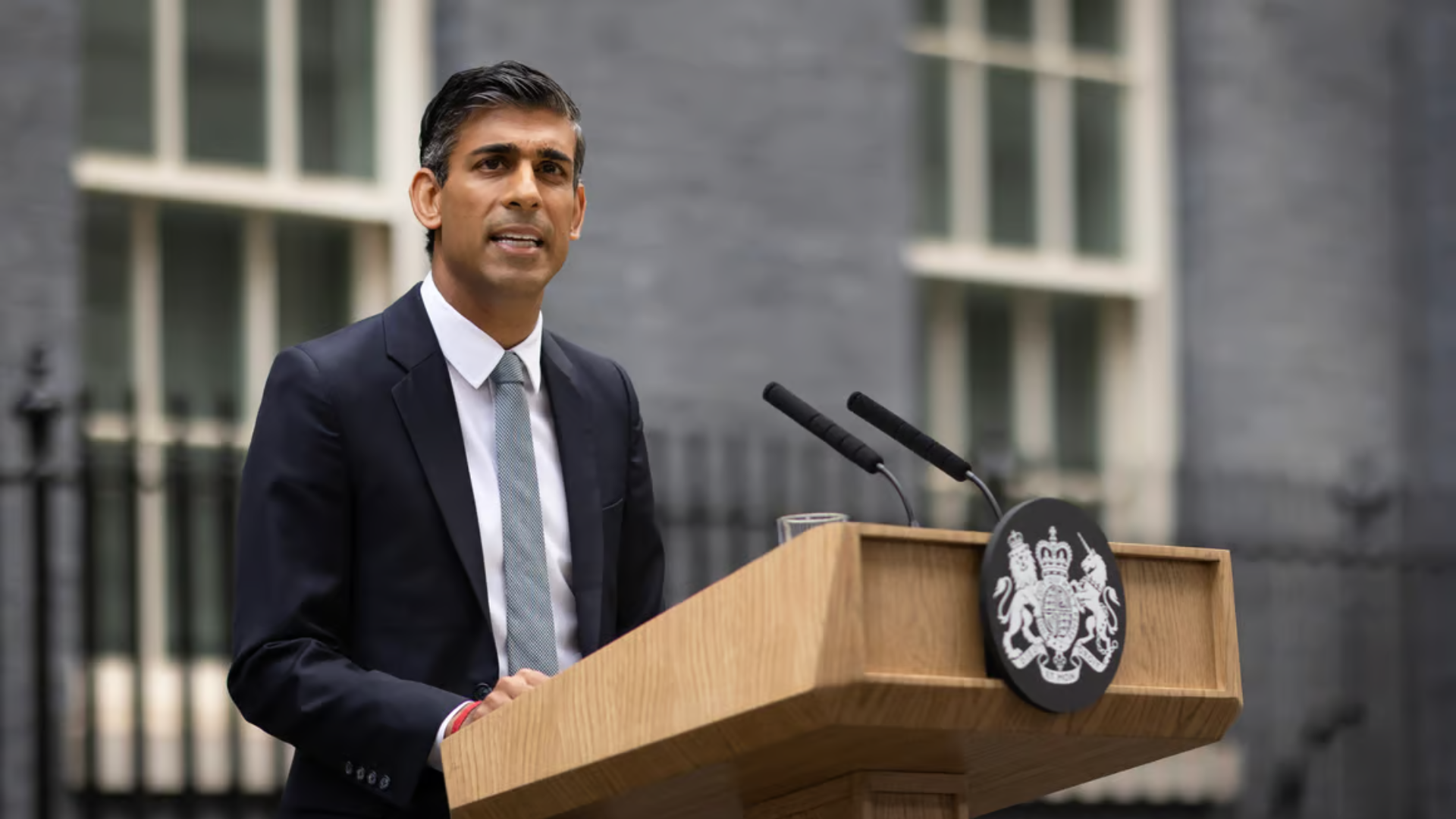
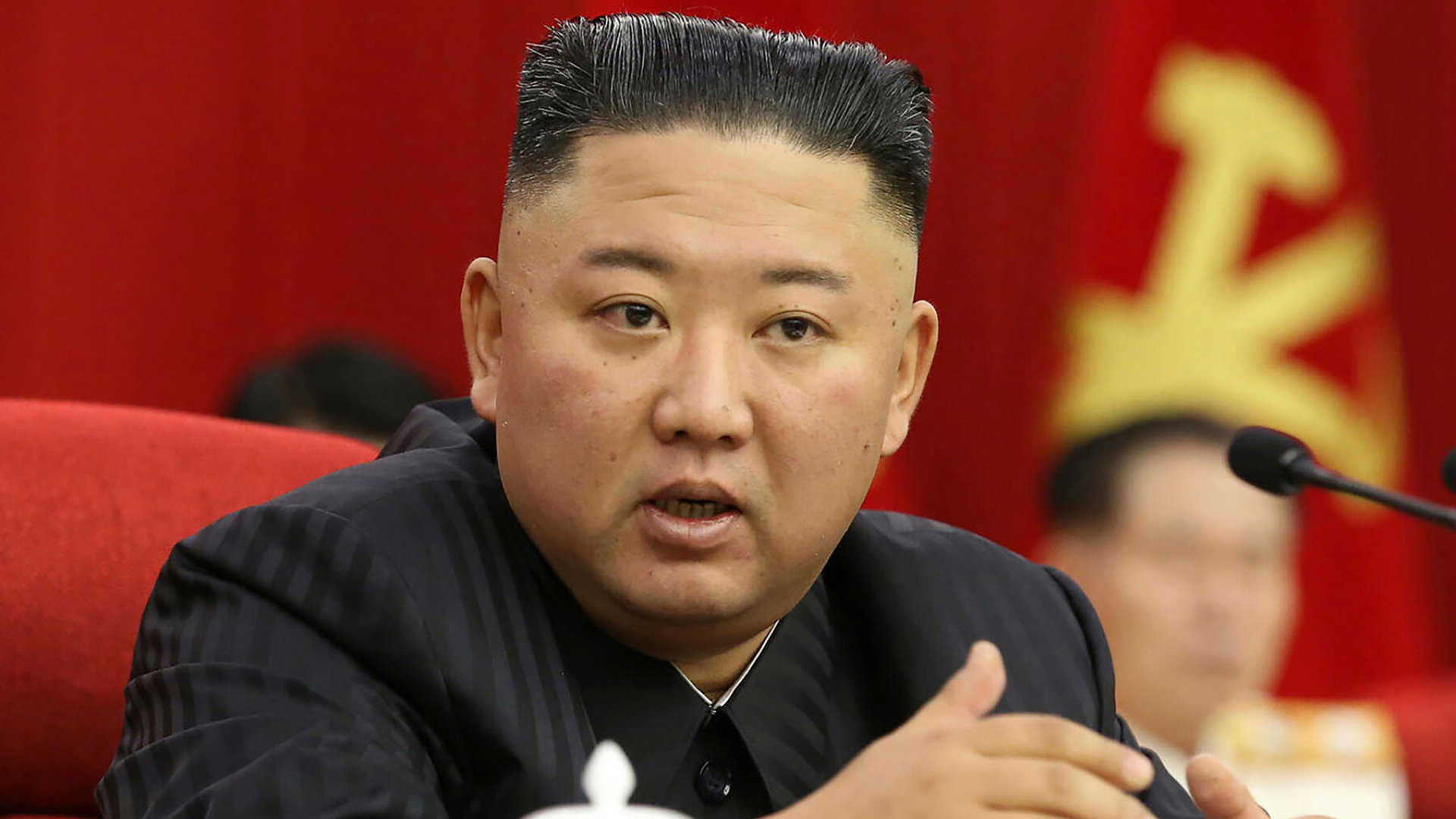
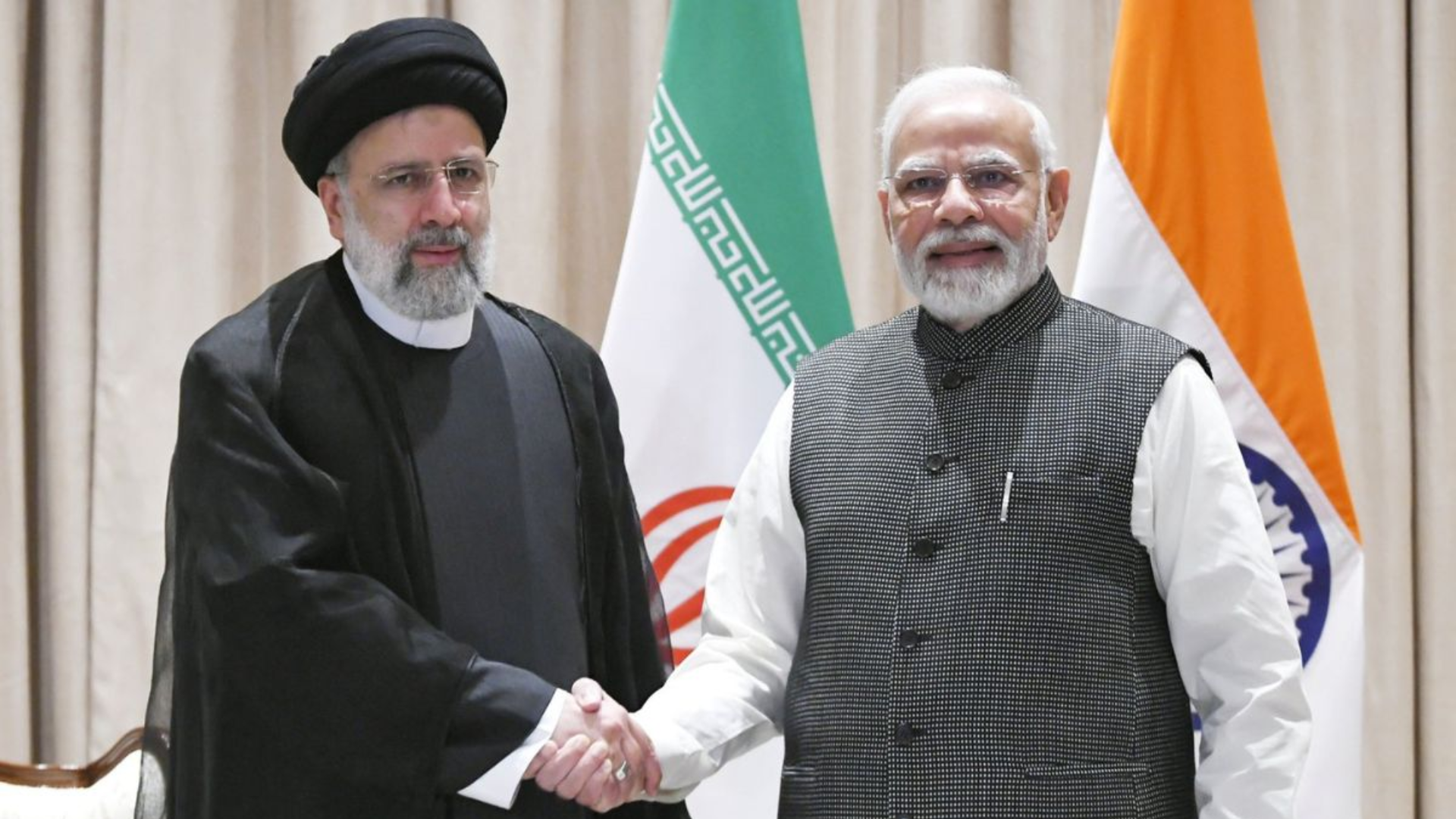
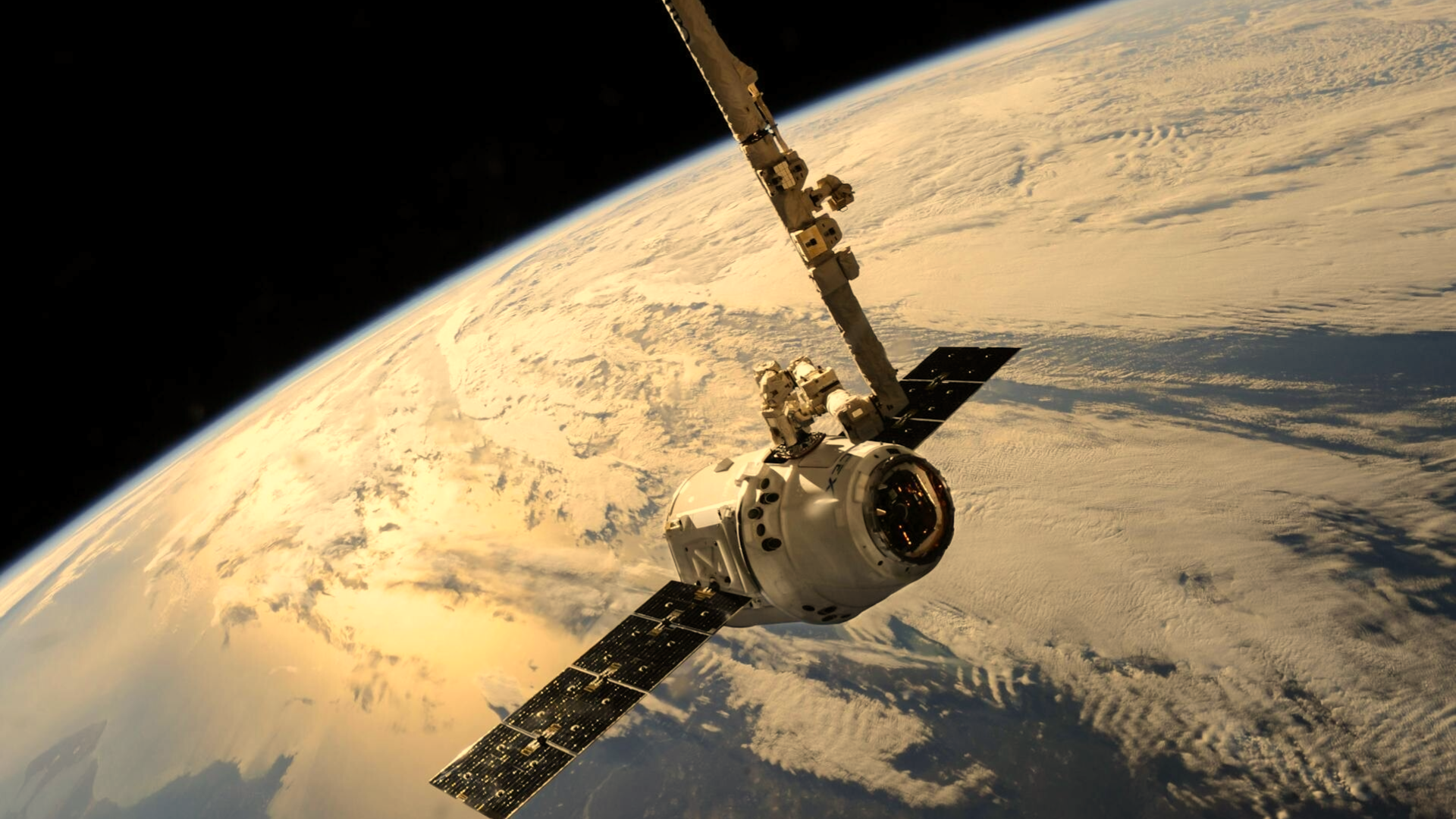
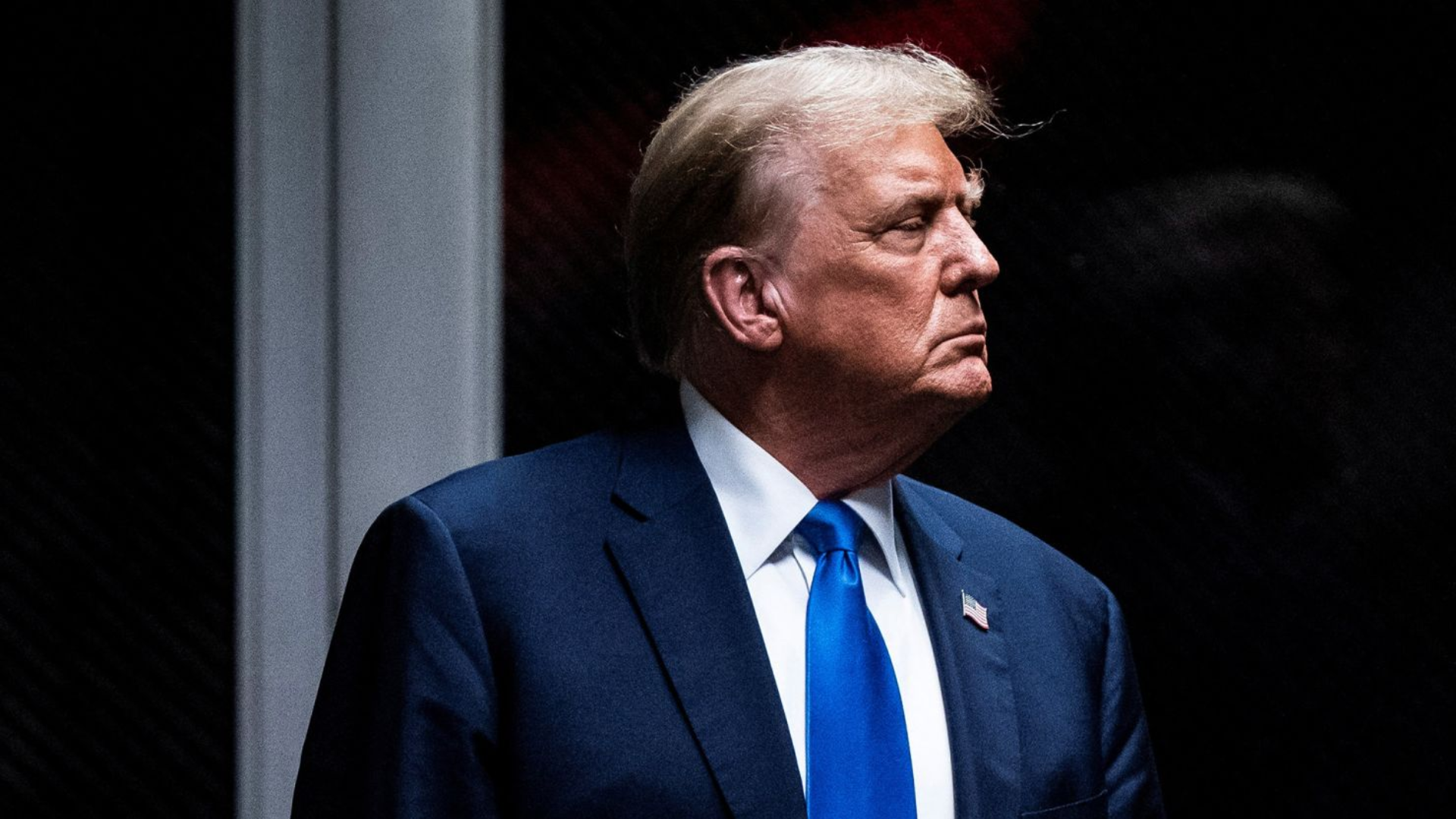
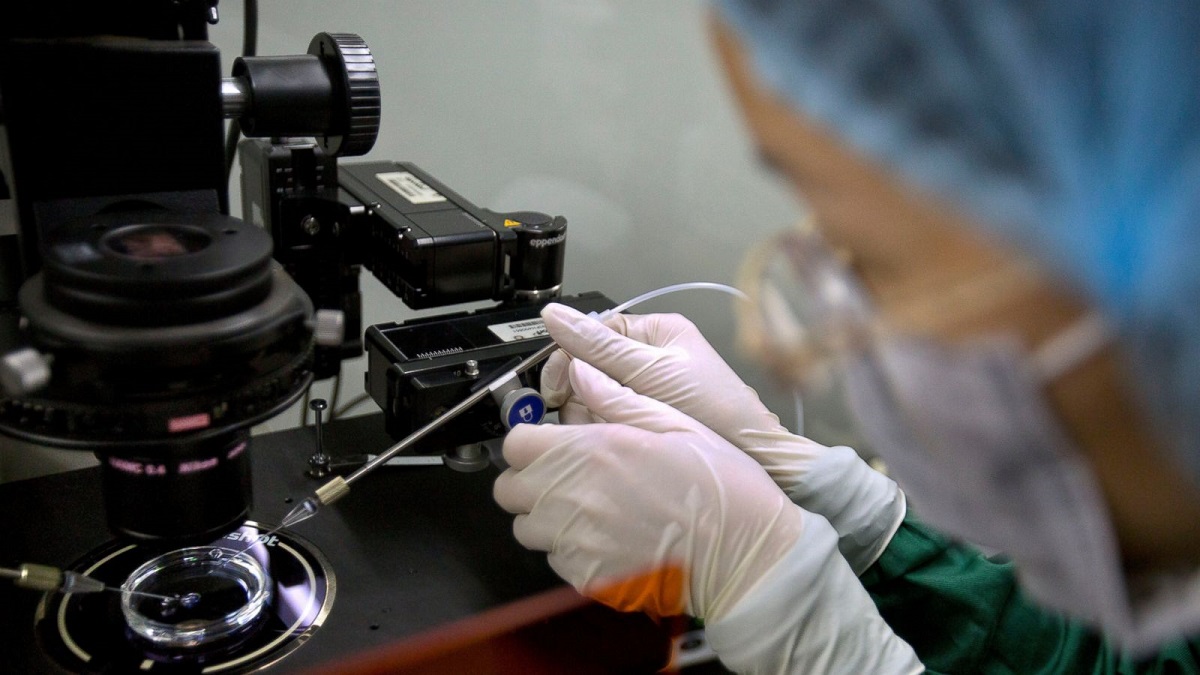
The World Health Organization on Monday issued a new set of recommendations on human genome editing. This calls for a global registry to track “any form of genetic manipulation” and proposes a whistle-blowing mechanism to raise concerns about unethical or unsafe research. In the two resorts published on Monday, WHO’s expert group made it clear that all studies concerning human genome editing should be made public. However, the committee suggested that this wouldn’t necessarily end the unprincipled scientists.
“In the field of stem cell research, unscrupulous entrepreneurs and clinics have deliberately misused clinical trial registries by registering procedures they plan to undertake as if they were properly sanctioned clinical trials,” the group said. In addition to this, the group suggested that an ethics committee must review and approve all genetic editing research registered in their database. WHO’s expert group said the U.N. agency should develop ways to identify any concerning gene editing trials. The group added that a mechanism should be developed “for reporting violations of research integrity.”
In late 2018, the U.N. health agency commissioned an expert group following an announcement from Chinese scientist He Jiankui that he had created the world’s first gene-edited babies. He announced that he had altered the DNA of twin babies to prevent them from catching HIV. He added that the university where he worked was not aware and that full funding for the work was all by himself. For conducting “illegal medical practices”, he was later sentenced to three years in jail.
Apart from this, one of the experts from the committee, Robin Lovell-Badge of the Francis Crick Institute, cited several instances in how scientists in Russia, Ukraine and Turkey who were prevented from planning controversial genetic editing experiments and called for a more formal whistle-blowing mechanism.
Moreover, the group said that WHO’s ability to monitor such research is limited as gene editing techniques become cheaper and easier to use. Also, the U.N. agency has no authority to pressure countries to cooperate, even during a public health emergency. As an example, the covid pandemic time was stated- when the WHO chief Tedros Adhanom Ghebreyesus has criticized rich countries for not sharing their vaccines. But rich countries were not willing to immediately share their doses with poor countries, even as Covid-19 spiked across Africa and Southeast Asia.



